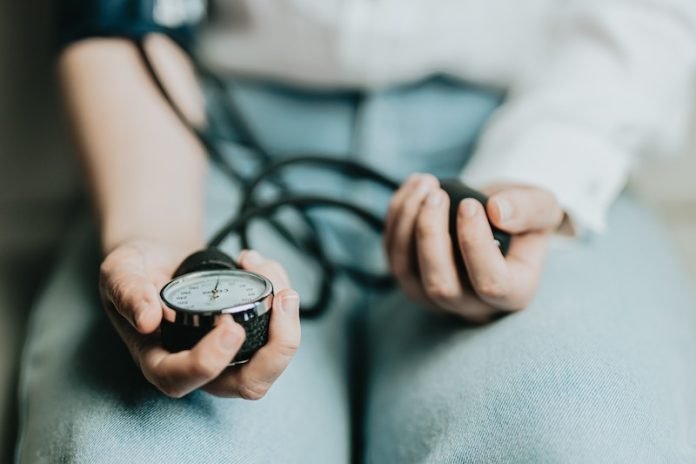
High blood pressure affects many people globally – over a billion, in fact. Often, people with severe high blood pressure also experience kidney problems.
This can lead to kidney damage over time. Some well-known drugs, usually prescribed for heart and blood pressure problems, might be playing a part in this.
What The Study Explored
A recent study from the University of Virginia sought to understand this issue better. The researchers were curious about why severe high blood pressure often leads to kidney damage.
The damage usually comes from thickening of the arteries and small blood vessels in the kidney.
The researchers discovered an important link to specialized kidney cells called renin cells. Normally, these cells produce a hormone that helps control blood pressure.
But if these cells change in harmful ways, they can harm the kidneys’ blood vessels.
The bad renin cells cause other cells, called smooth muscle cells, to build up. This makes the vessels harder and stiffer. As a result, blood doesn’t flow through the kidney properly.
Unintended Consequences Of Medications
Here’s where it gets interesting. The researchers found that long-term use of certain drugs can also lead to these problems.
These are drugs like ACE inhibitors and angiotensin receptor blockers. They’re used to treat high blood pressure, heart failure, and heart attacks.
They also found that long-term use of these drugs hardened the kidney vessels in both lab mice and humans.
So, What Should We Do?
It’s a tricky situation. The researchers make it clear that these medications can be lifesaving. So, they urge patients to keep taking them.
But they also believe we need more studies to understand these drugs’ long-term effects on the kidneys.
If you’re interested in high blood pressure, you might also want to read about how early time-restricted eating and fasting could help.
And for more on this topic, check out recent studies about five medicines to treat high blood pressure, and how vitamin D could improve blood pressure in people with diabetes.
The study was led by Dr. Maria Luisa Sequeira Lopez and was published in JCI Insight. Remember, understanding our medications is key to making sure they help us more than they harm us.
If you care about high blood pressure, please read studies that drinking tea could help lower blood pressure, and early time-restricted eating could help improve blood pressure.
For more information about blood pressure, please see recent studies about a new way to treat high blood pressure, and results showing cannabis strongly linked to death risk in high blood pressure.
Copyright © 2023 Knowridge Science Report. All rights reserved.



